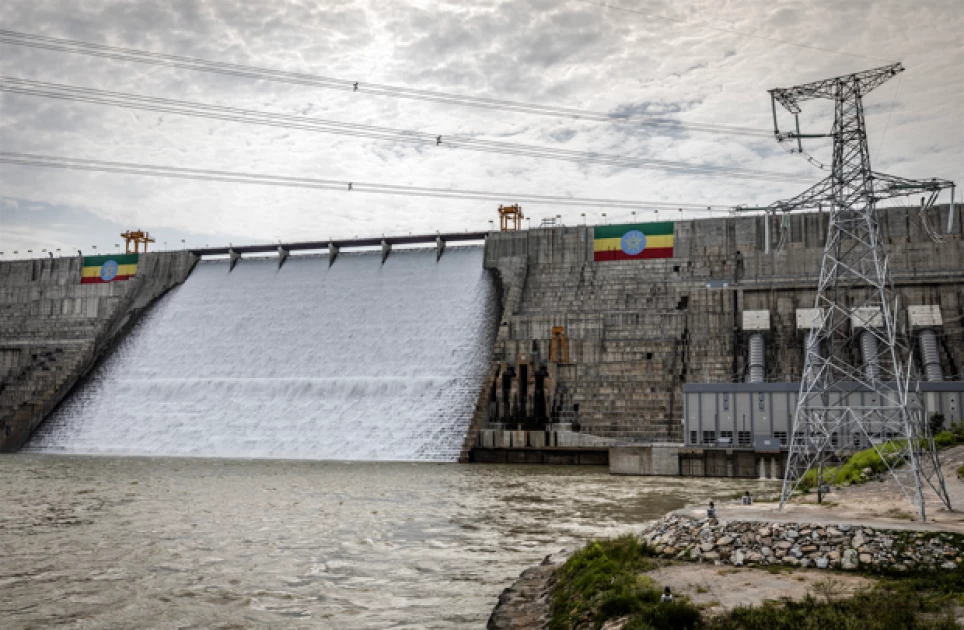Ethiopia has inaugurated the Grand Renaissance Dam (GERD), Africa’s largest hydroelectric project. The launch marks a huge step for the country’s energy future but has deepened tensions with Egypt.
The $4 billion dam is built on the Blue Nile, close to the Sudanese border. It stands 145 metres high and stretches nearly two kilometres across the river. The dam can hold 74 billion cubic metres of water and generate 5,000 megawatts of electricity. This will more than double Ethiopia’s current power capacity.
Prime Minister Abiy Ahmed led the inauguration ceremony. He was joined by Kenyan President William Ruto, Somalia’s President Hassan Sheikh Mohamud, and African Union chief Mahmoud Ali Youssouf. A colourful show of lights, drones, and lanterns celebrated the event, with messages like “a leap into the future.”
The project has been under construction since 2011. For Ethiopians, it is a national symbol of unity and ambition. It also offers hope to millions who live without reliable power. According to the World Bank, around 45 percent of Ethiopia’s 130 million people lack electricity.
The GERD could help drive industrial growth, reduce reliance on costly generators, and even export electricity to neighbours as far as Tanzania.
But Egypt sees the project as a serious threat. The country depends on the Nile for 97 percent of its water supply. With little rainfall and a population of 110 million, Egypt fears the dam will reduce water flows and endanger its stability. President Abdel Fattah al-Sisi has called the project an “existential threat” and warned that Cairo will not compromise on its water rights.
Talks between Ethiopia, Egypt, and Sudan have failed many times, despite mediation by the United States, the World Bank, Russia, the UAE, and the African Union.
For Ethiopia’s government, the dam is not just about energy. Analysts say it also serves as a political tool to unite the country and project strength in a fragile region.
The Grand Renaissance Dam is now a powerful symbol. It promises progress for Ethiopia, yet it remains a flashpoint for one of Africa’s most sensitive geopolitical disputes.

